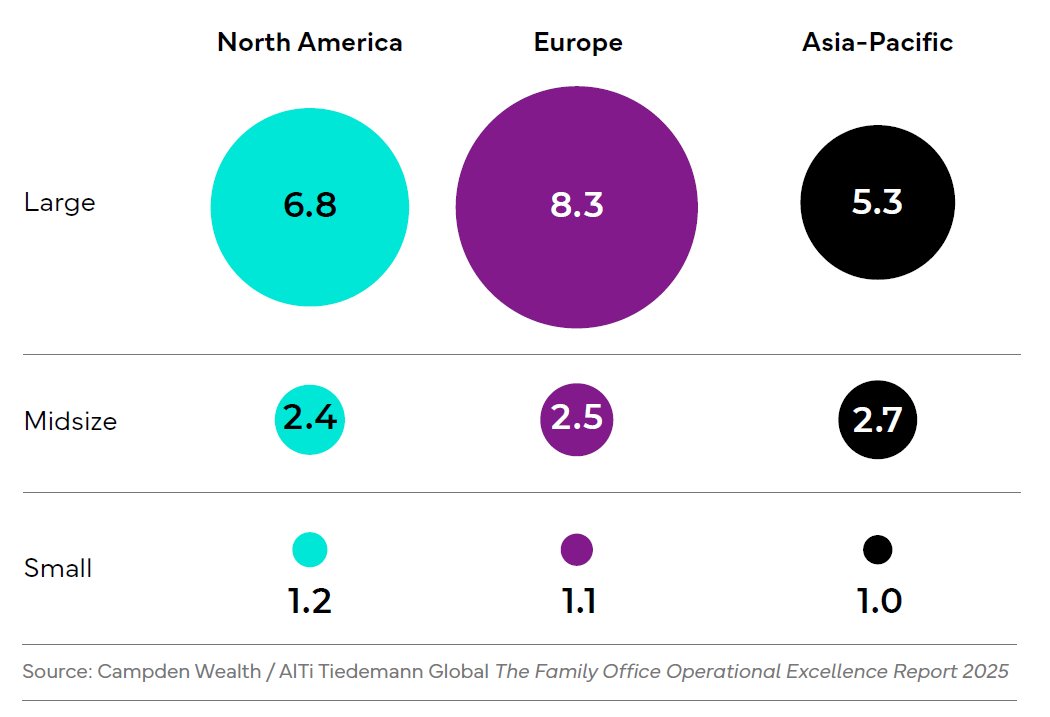GENERATIONAL WEALTH is the practice of passing down significant financial resources to future generations. But 70% of wealthy families will lose their wealth by the second generation and 90% by the third.
Why does this happen and how do Family Offices prevent this:🧵
Why does this happen and how do Family Offices prevent this:🧵

Generations are taught not to talk about money, so the next generation may have no idea about the value of money or how to handle it.
This may be driven by worries that the next generation will become lazy and entitled, so wealth is kept a secret.
This may be driven by worries that the next generation will become lazy and entitled, so wealth is kept a secret.
The next generation grows up in a life of plenty and may not understand the struggles and sacrifices of the previous generations.
Building wealth takes hard work and discipline. The further you are away from that, the more difficult it is to understand.
Building wealth takes hard work and discipline. The further you are away from that, the more difficult it is to understand.
Family Offices have excelled at building multi-generational wealth... here's how:
Open communication is key. 📢
Preparing the next generation for what they can expect is critical, and introducing a wealth expert/advisor can help facilitate a productive discussion.
Open communication is key. 📢
Preparing the next generation for what they can expect is critical, and introducing a wealth expert/advisor can help facilitate a productive discussion.
Sharing decision-making: beneficiaries of family wealth should be involved in the decision-making process to ensure they have the skills and understanding needed to maintain and grow the wealth.
The use of trustees: an objective third-party point of view can mediate over emotional attachments and ensure the wealth is properly managed and distributed.
Planning: Family offices develop a clear goal and roadmap for how the wealth should be managed and invested for future generations.
Passing on family wealth beyond the third generation is challenging, but investing wisely, developing a good estate plan, and educating the next generations can help sustain the family and the fortune.
Whether you have $100M or $100k, education and communication are key. 👩🏫📢
Whether you have $100M or $100k, education and communication are key. 👩🏫📢
For more on wealth, family offices and finance, please like, follow and let me know what you think!
@MrFamilyOffice
#Generationalwealth #wealth #wealthmanagement #FamilyOffice
@MrFamilyOffice
#Generationalwealth #wealth #wealthmanagement #FamilyOffice
• • •
Missing some Tweet in this thread? You can try to
force a refresh













